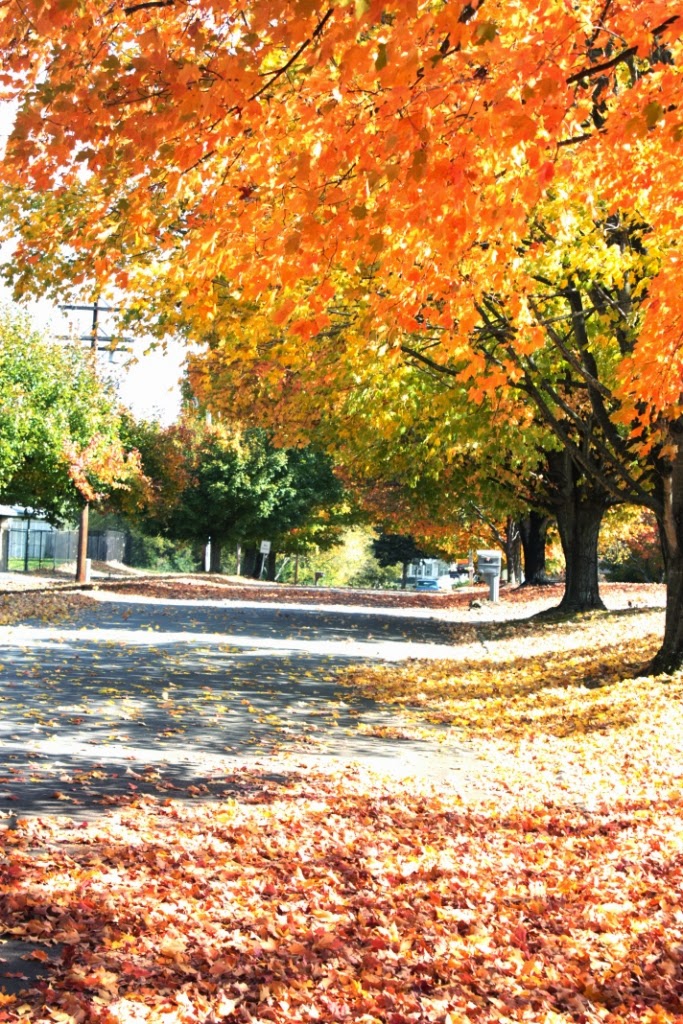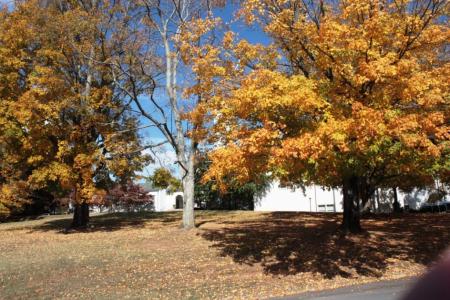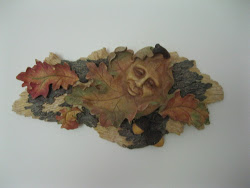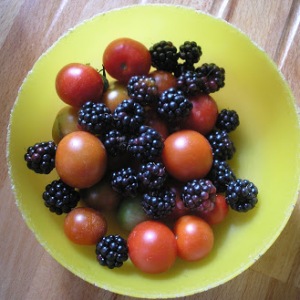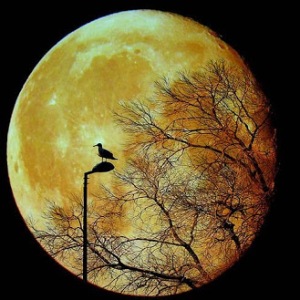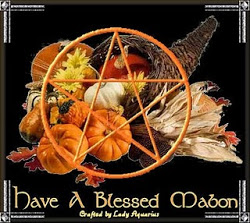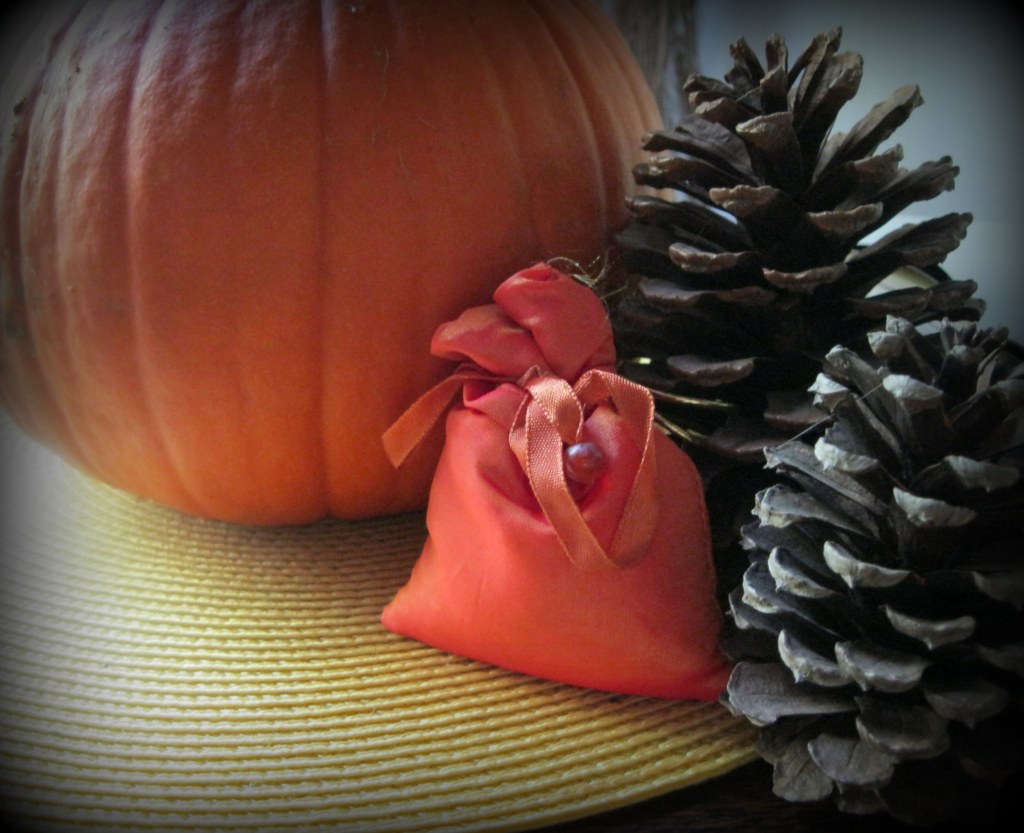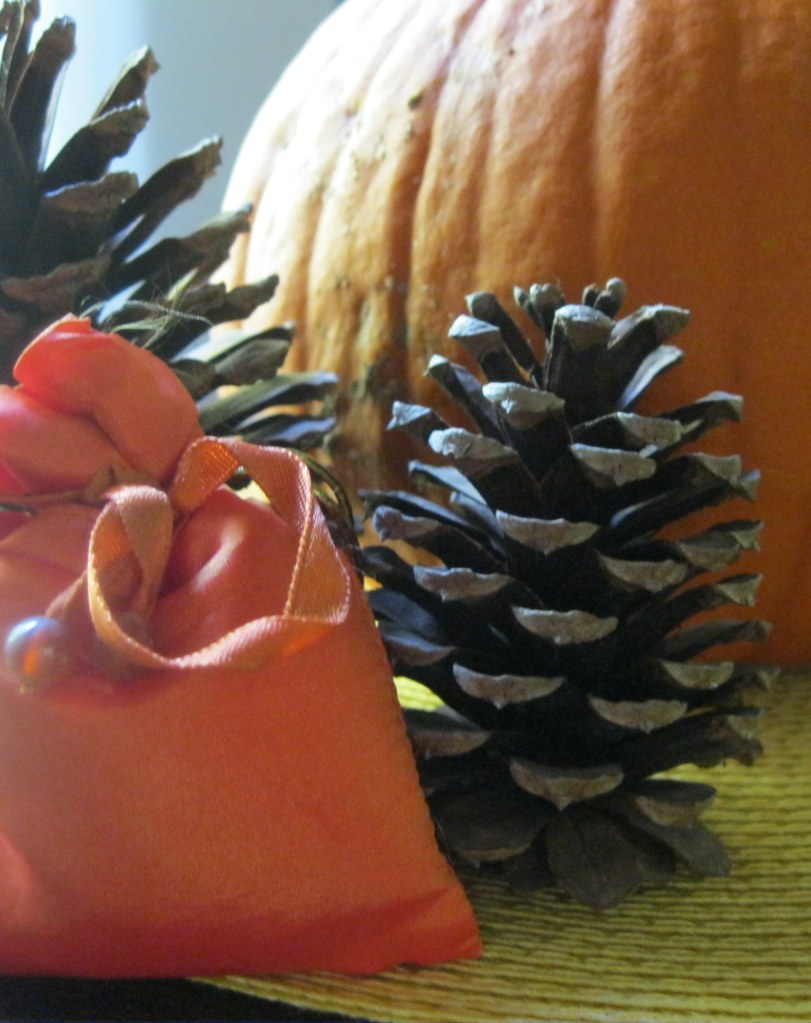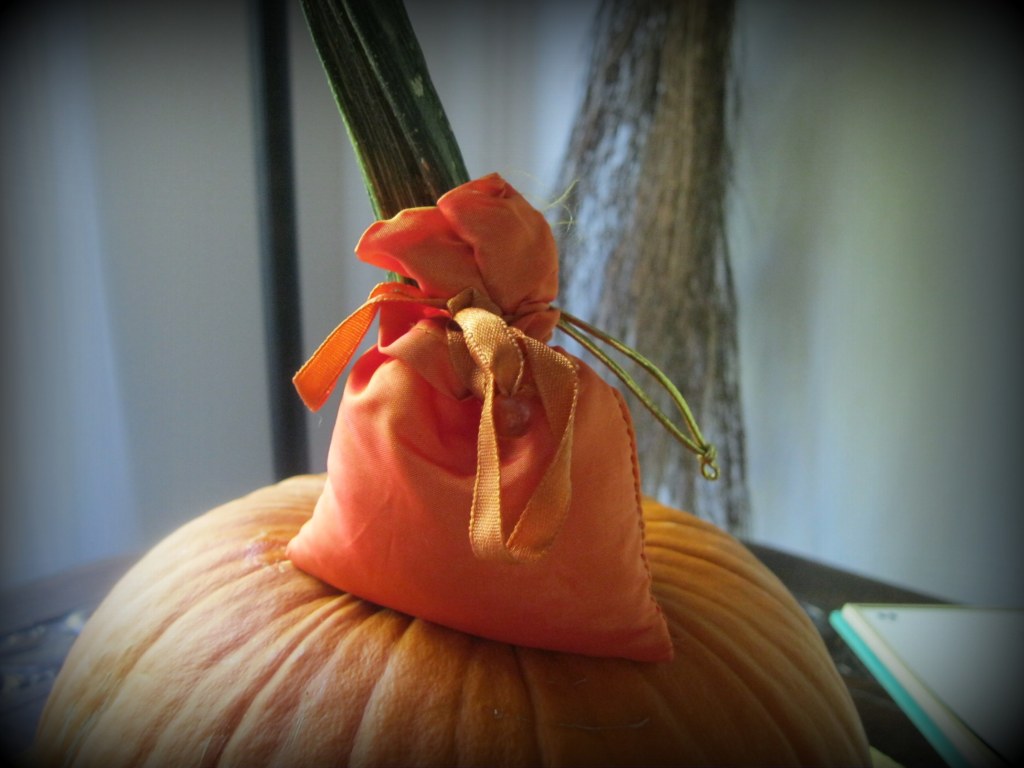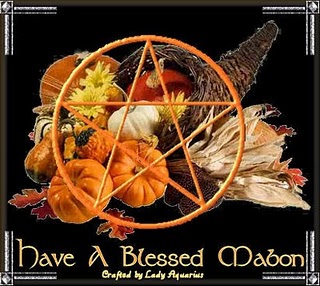‘Autumn prepares us for the change from warm to cold as we head towards winter. The days are shorter and colder, the colours of the leaves alter and fruits are ripening, but we feel invigorated.
For many, Autumn is the most vivid and wonderful of the seasons, bearing comparison to a growing personal maturity and a delight in the ripeness of life. Now is the time for completing outdoor tasks and drawing inspiration from nature’s myriad activities.
We too can plant seeds that will dwell on through the colder months and germinate as projects the following Spring. Let’s make an effort to acknowledge the harvest this year – either at Hallowe’en or Thanksgiving. Let’s note the changes, celebrate them and respond to them. Our senses and energy are heightened by the blend of sunshine and crisp, cool weather. Enjoy it!
Herbal Therapy
Try never to miss the magic of a moment. At this time of the year, as the sap of trees and flowers returns to their root systems, we too are preparing to turn inward. Use these last magnificent days to prolong the joy of the harvest. Gather in your late summer herbs and make herb pillows and amulets from the bounty of garden and hedges. Amulets are small pouches stuffed with different herbs chosen for love or success, into which some of your own magic words have been spoken. Cut lavender and rose for love pillows, mint to rid yourself of negativity, majoram and rosemary for protection, lemon balm and basil for success in business. Make simple pillows or bags and give some as gifts. If you haven’t enough of your own grown herbs, buy one or two pots and harvest from them.’
from Titania’s Book of Hours
| Autumn |
 |
| John Clare (1821) |
 |
The summer-flower has run to seed,
And yellow is the woodland bough;
And every leaf of bush and weed
Is tipt with autumn’s pencil now. |
And I do love the varied hue,
And I do love the browning plain;
And I do love each scene to view,
That’s mark’d with beauties of her reign.
The woodbine-trees red berries bear,
That clustering hang upon the bower;
While, fondly lingering here and there,
Peeps out a dwindling sickly flower.
The trees’ gay leaves are turned brown,
By every little wind undress’d;
And as they flap and whistle down,
We see the birds’ deserted nest.
No thrush or blackbird meets the eye,
Or fills the ear with summer’s strain;
They but dart out for worm and fly,
Then silent seek their rest again.
Beside the brook, in misty blue,
Bilberries glow on tendrils weak,
Where many a bare-foot splashes through,
The pulpy, juicy prize to seek:
For ’tis the rustic boy’s delight,
Now autumn’s sun so warmly gleams,
And these ripe berries tempt his sight,
To dabble in the shallow streams.
And oft his rambles we may trace,
Delv’d in the mud his printing feet,
And oft we meet a chubby face
All stained with the berries sweet.
The cowboy oft slives down the brook,
And tracks for hours each winding round,
While pinders, that such chances look,
Drive his rambling cows to pound.
The woodland bowers, that us’d to be
Lost in their silence and their shade,
Are now a scene of rural glee,
With many a nutting swain and maid.
The scrambling shepherd with his hook,
’Mong hazel boughs of rusty brown
That overhang some gulphing brook,
Drags the ripen’d clusters down.
While, on a bank of faded grass,
Some artless maid the prize receives;
And kisses to the sun-tann’d lass,
As well as nuts, the shepherd gives.
I love the year’s decline, and love
Through rustling yellow shades to range,
O’er stubble land, ’neath willow grove,
To pause upon each varied change:
And oft have thought ’twas sweet, to list
The stubbles crackling with the heat,
Just as the sun broke through the mist
And warm’d the herdsman’s rushy seat;
And grunting noise of rambling hogs,
Where pattering acorns oddly drop;
And noisy bark of shepherds’ dogs,
The restless routs of sheep to stop;
While distant thresher’s swingle drops
With sharp and hollow-twanking raps;
And, nigh at hand, the echoing chops
Of hardy hedger stopping gaps;
And sportsmen’s trembling whistle-calls
That stay the swift retreating pack;
And cowboy’s whoops, and squawking brawls,
To urge the straggling heifer back.
Autumn-time, thy scenes and shades
Are pleasing to the tasteful eye;
Though winter, when the thought pervades,
Creates an ague-shivering sigh.
Grey-bearded rime hangs on the morn,
And what’s to come too true declares;
The ice-drop hardens on the thorn,
And winter’s starving bed prepares.
No music’s heard the fields among;
Save where the hedge-chats chittering play,
And ploughman drawls his lonely song,
As cutting short the dreary day.
Now shatter’d shades let me attend,
Reflecting look on their decline,
Where pattering leaves confess their end,
In sighing flutterings hinting mine.
For every leaf, that twirls the breeze,
May useful hints and lessons give;
The falling leaves and fading trees
Will teach and caution us to live.
“Wandering clown,” they seem to say,
“In us your coming end review:
Like you we lived, but now decay;
The same sad fate approaches you.”
Beneath a yellow fading tree,
As red suns light thee, Autumn-morn,
In wildest rapture let me see
The sweets that most thy charms adorn.
O while my eye the landscape views,
What countless beauties are display’d;
What varied tints of nameless hues, —
Shades endless melting into shade.
A russet red the hazels gain,
As suited to their drear decline;
While maples brightest dress retain,
And in the gayest yellows shine.
The poplar tree hath lost its pride;
Its leaves in wan consumption pine;
They hoary turn on either side,
And life to every gale resign.
The stubborn oak, with haughty pride
Still in its lingering green, we view;
But vain the strength he shows is tried,
He tinges slow with sickly hue.
The proudest triumph art conceives,
Or beauties nature’s power can crown,
Grey-bearded time in shatters leaves;
Destruction’s trample treads them down.
Tis lovely now to turn one’s eye,
The changing face of heaven to mind;
How thin-spun clouds glide swiftly by,
While lurking storms slow move behind.
Now suns are clear, now clouds pervade,
Each moment chang’d, and chang’d again;
And first a light, and then a shade,
Swift glooms and brightens o’er the plain.
Poor pussy through the stubble flies,
In vain, o’erpowering foes to shun;
The lurking spaniel points the prize,
And pussy’s harmless race is run.
The crowing pheasant, in the brakes,
Betrays his lair with awkward squalls;
A certain aim the gunner takes,
He clumsy fluskers up, and falls.
But hide thee, muse, the woods among,
Nor stain thy artless, rural rhymes;
Go leave the murderer’s wiles unsung,
Nor mark the harden’d gunner’s crimes.
The fields all clear’d, the labouring mice
To sheltering hedge and wood patrole,
Where hips and haws for food suffice,
That chumbled lie about their hole.
The squirrel, bobbing from the eye,
Is busy now about his hoard,
And in old nest of crow or pye
His winter-store is oft explor’d.
The leaves forsake the willow grey,
And down the brook they whirl and wind;
So hopes and pleasures whirl away,
And leave old age and pain behind.
The thorns and briars, vermilion-hue,
Now full of hips and haws are seen;
If village-prophecies be true,
They prove that winter will be keen.
Hark! started are some lonely strains:
The robin-bird is urg’d to sing;
Of chilly evening he complains,
And dithering droops his ruffled wing.
Slow o’er the wood the puddock sails;
And mournful, as the storms arise,
His feeble note of sorrow wails
To the unpitying frowning skies.
More coldly blows the autumn-breeze;
Old winter grins a blast between;
The north-winds rise and strip the trees,
And desolation shuts the scene.

